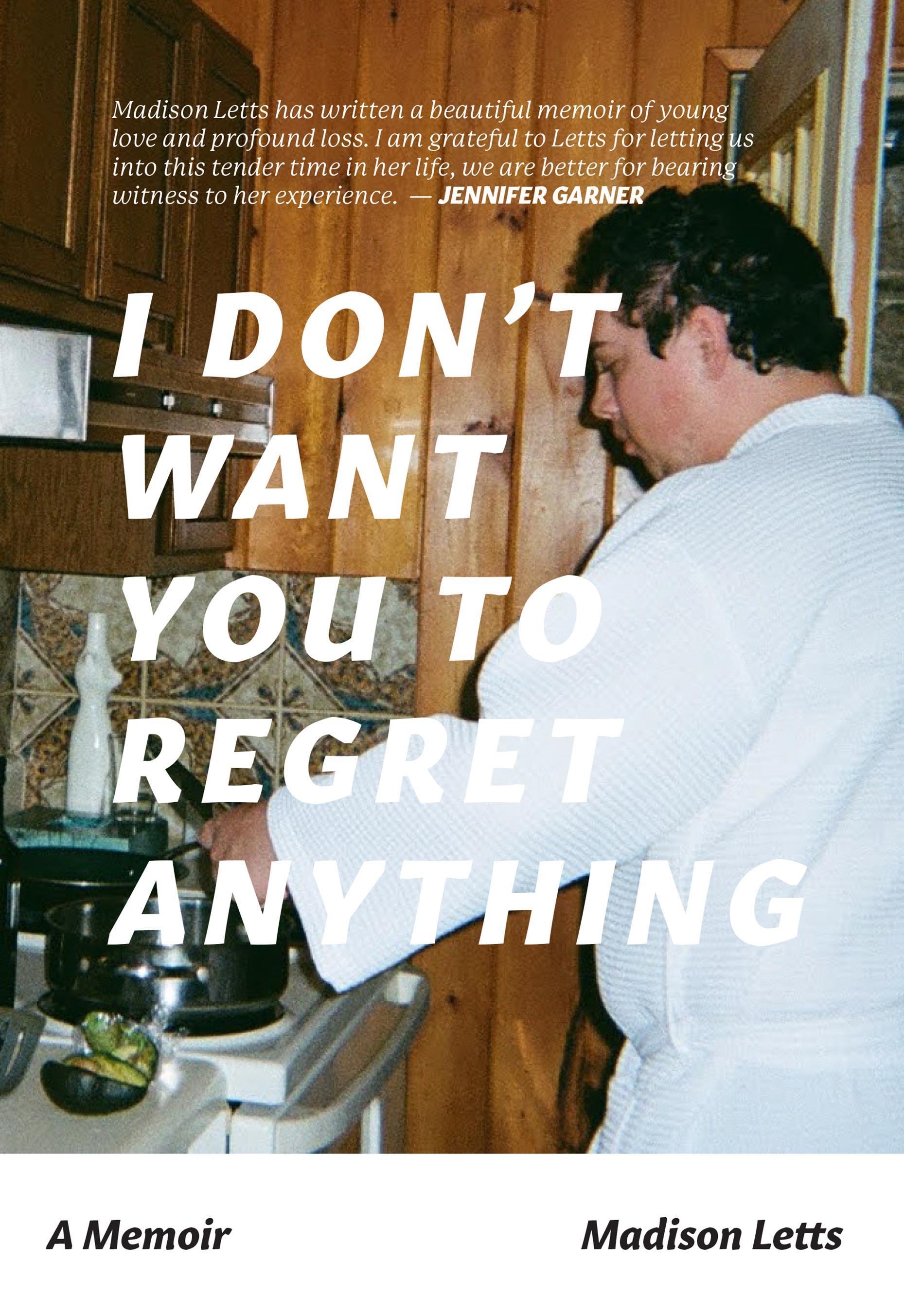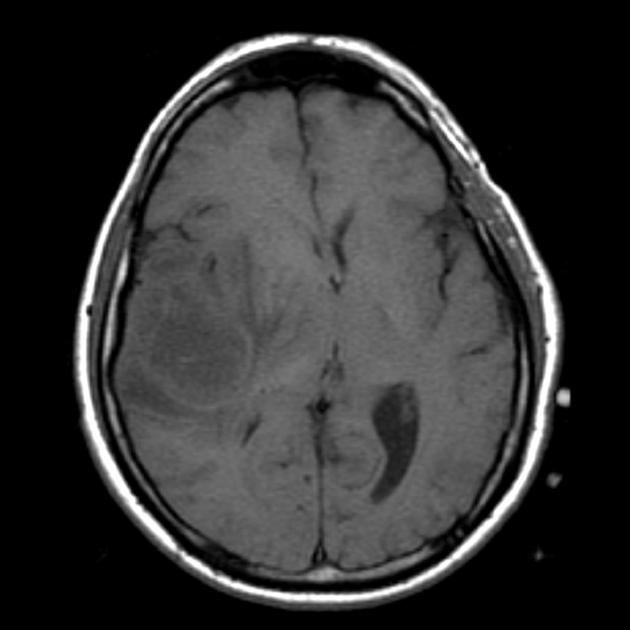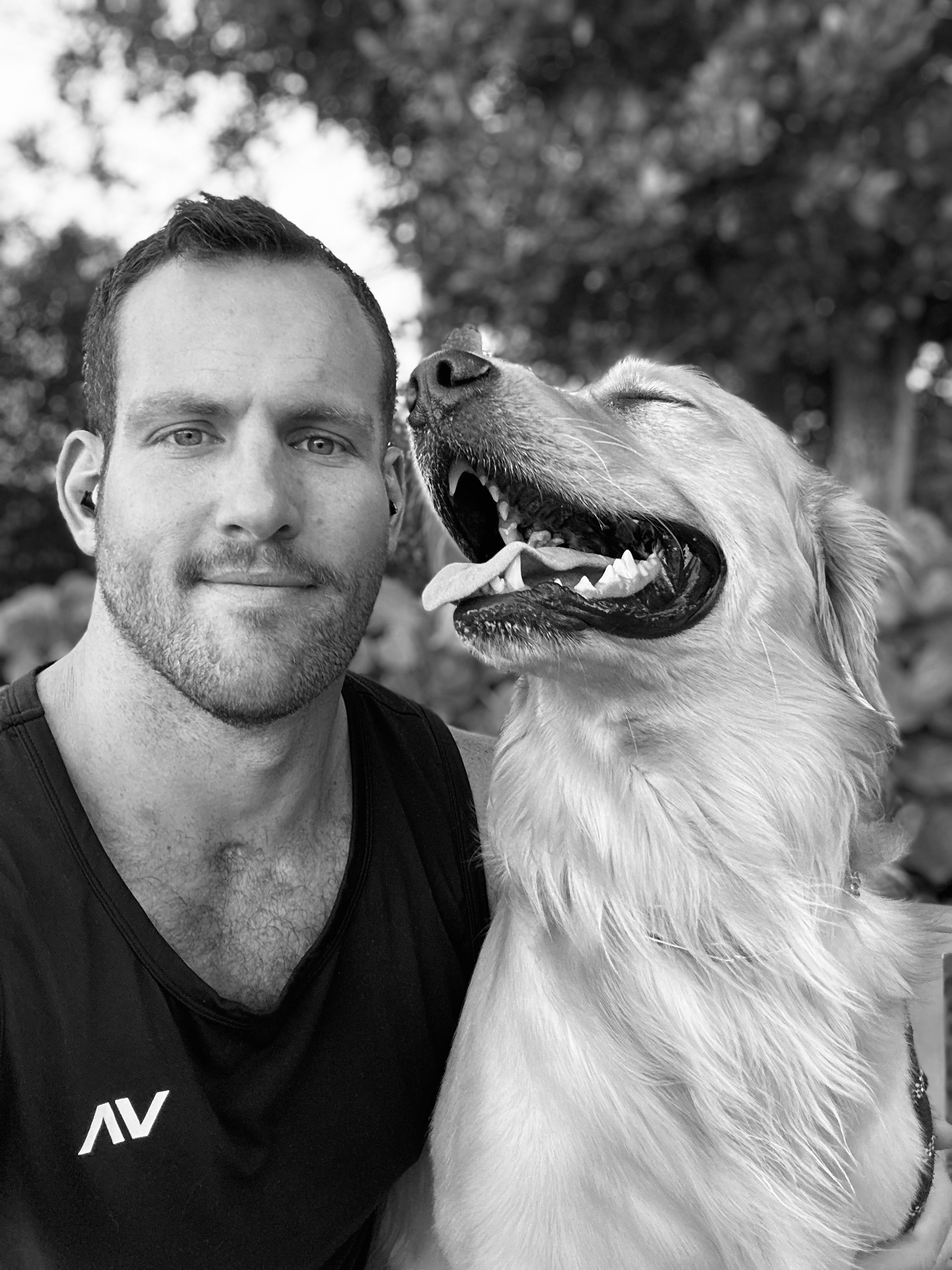blog
Latest News
With the support of our world renown medical advisory board members and incredible content team, the GBMRO hopes to provide insight into the most up-to-date GBM information to inform patients and their families.
Browse a curated selection of GBM-related content from caregiver testimonials, updates on GBM prognosis, and much more.
PANGAIA and the Glioblastoma Research Organization (GBMRO) have joined forces to drive meaningful change.
The Glioblastoma Research Organization is thrilled to announce our commitment of $50,000 to support a new initiative led by the Brain Tumor Funders' Collaborative, focusing on liquid biopsy research for primary brain tumors!
In this heartfelt review, Florence Wetzel, author and member of the Glioblastoma Research Organization community, delves into Sophie Kinsella's latest novel, What Does It Feel Like?, a touching exploration of life with glioblastoma. Florence, known for her own memoir Sara My Sara, offers unique insights into Kinsella's moving portrayal of resilience in the face of a GBM diagnosis.
The GBMRO team attended the 2024 Asian Society of Neuro-Oncology (ASNO) Annual Meeting, where Dr. Pin-Yuan Chen shared groundbreaking insights on innovative nanoparticle therapies for glioblastoma treatment. His research highlighted advancements in overcoming the blood-brain barrier and improving drug delivery to brain tumors.
Florence Wetzel is a versatile author who has written books in various genres, including thrillers, biographies and poetry. Her latest book, "Sara My Sara: A Memoir of Friendship and Loss," is about her close friend Sara, who showed incredible bravery when battling Glioblastoma.
The Glioblastoma Research Organization (GBMRO) announces its largest donation to date, $80,000, to fund Project DeLaRosa in partnership with Children's National Hospital. The research, "Longitudinal Biopsy for Evaluation of Treatment Response and Tumor Immune-microenvironment for Diffuse Midline Glioma," targets pediatric tumors, aiming to revolutionize the understanding and treatment of aggressive central nervous system (CNS) tumors.
Explore Leila Segal's poignant photo essay, capturing the journey of glioblastoma caregiving and the triumph of love amid this terrible disease. Delve into the emotional story on our blog, shedding light on the pressures and gravity of navigating glioblastoma brain cancer.
In our Q&A session, Holly Gainsboro, grief specialist and founder of Golden Heart Grief Support and Education, shares her deeply personal journey through loss, catalyzed by her late husband's diagnosis of glioblastoma brain cancer.
Discover the heartfelt story of Amber Jackson, a dedicated GBM brain cancer caregiver, as she shares her experience navigating the challenges of caretaking and end-of-life care. Learn how she and her late husband, Tim, faced the devastating diagnosis, sought specialized treatment and celebrated precious milestones during their 16-month battle.
Many brain cancer patients, particularly those diagnosed with Glioblastoma brain cancer, develop epilepsy as their illness progresses. The Glioblastoma Research Organization (GBMRO) is thrilled to dive deeper into understanding the complex relationship between Glioblastoma and epilepsy with the help of our partners at the Epilepsy Foundation.
When someone we love is diagnosed with a life-threatening illness like Glioblastoma brain cancer, knowing where to turn or what to do next is challenging. Everyone's healing journey is unique, but it's important to remember that you're not alone. Yuka Tanaka, a Glioblastoma caregiver and viral content creator, has been healing since her sister Maki was diagnosed with the disease in 2015
May is Brain Cancer Awareness Month, and the Glioblastoma Research Organization has partnered with Prenuvo. Learn how Prenuvo's innovative MRIs are transforming the way we approach healthcare and how they are changing the conversation about cancer detection. Conquer scanxiety and take charge of your health.
Discover delicious and nutritious smoothie recipes to help you stay hydrated during cancer treatment and recovery. Our partners at SmoothieBox have shared some easy-to-make recipes that use ingredients known to boost nutrition and appeal to sensitive stomachs. Customizable to fit your loved one's needs and preferences, these smoothies can be made in just a few minutes.
The Glioblastoma Research Organization (GBMRO) announced the launch of season two of the podcast “Glioblastoma aka GBM'' with new episodes airing every Thursday, starting on May 4, 2023. Host, Amber Barbach, founder and director of the GMBRO, reprises her role, leading an exceptional lineup of diverse voices from the brain cancer community joining forces to amplify cancer caregiver experiences.
Discover the heartfelt story of Sadaf Chaudhry, a Glioblastoma cancer caregiver who lost her husband to the disease in 2022. In this blog post, we delve into Sadaf's journey as a caregiver and the challenges she faced along the way. Sadaf's story sheds light on the importance of support for cancer caregivers. Join us as we explore the world of cancer caregiving and the vital role it plays in the fight against Glioblastoma.
The Glioblastoma Research Organization (GBMRO) has launched its latest initiative, Project Liam, which aims to fund research focused on pediatric brain cancer. Project Liam marks the nonprofit's fifth fully-funded glioblastoma research project, and its first in partnership with Children's Hospital Los Angeles. This new pediatric brain cancer research funding initiative is a significant step towards advancing the understanding and treatment of this devastating disease in children.
Explore the relationship between brain tumors and epilepsy in this informative blog post in collaboration with Dr. Ricardo Komotar. Learn about treatments and management of both conditions.
Learn how David Fitting beat the odds and is thriving 20 years after a glioblastoma brain cancer diagnosis. Discover the secrets to his positive mindset and read his reflection on surviving GBM, featured in our Warrior Wednesday segment and international outlet, Newsweek.
The median glioblastoma survival rate for adults is 14.6 months, making it one of the deadliest forms of brain cancer, largely occurring in older adults. The median age at diagnosis is 65, and patient prognosis is known to decline with increased age. Christopher Hine, Ph.D., a researcher at Cleveland Clinic, has a theory that could explain why.
*The Glioblastoma Research Organization's informational material is not intended to be a substitute for medical professional advice or treatment for any specific health concerns, as the organization is neither a provider of medical care nor does research itself. You should not use this information to diagnose or treat a health problem without consulting a qualified healthcare provider.






























